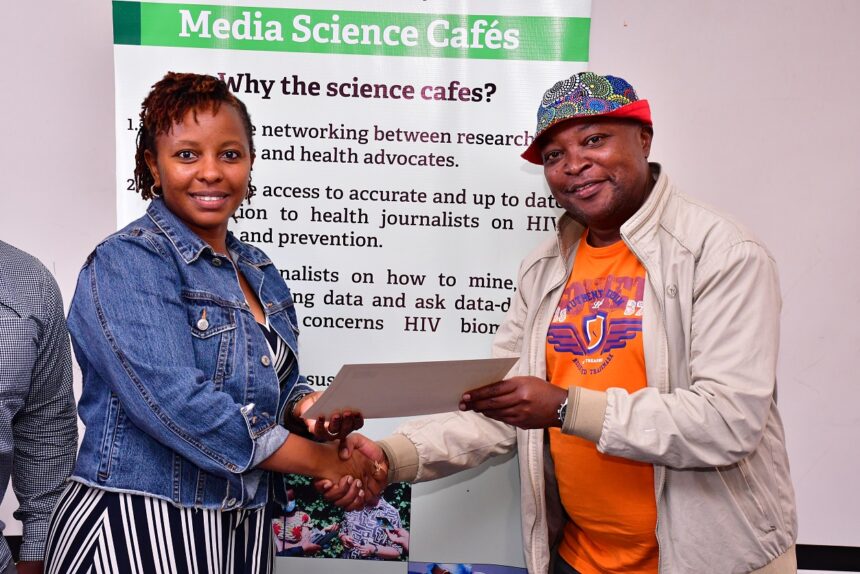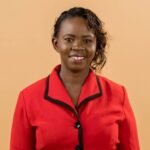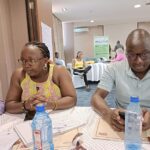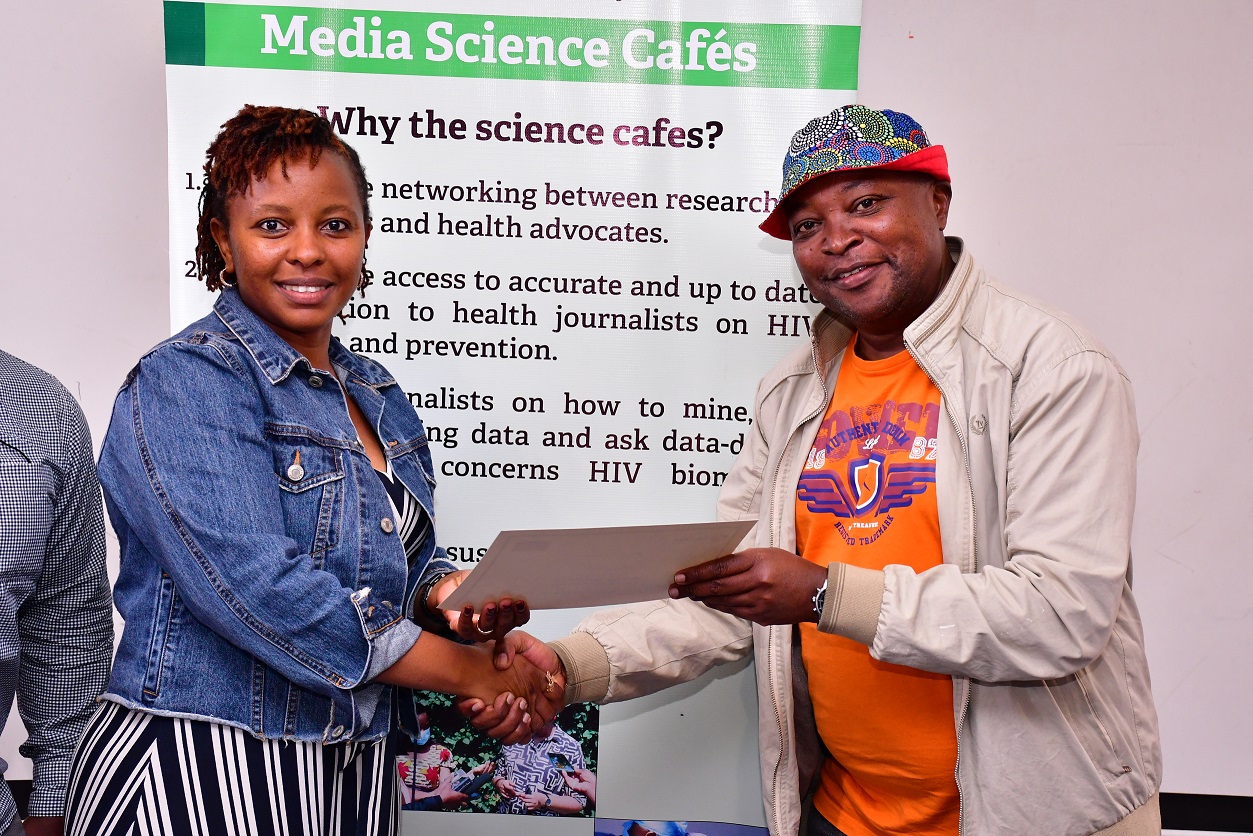
PHOTO CREDIT | MESHA
By Christine Ochogo I christawine@gmail.com
Sourcing climate change experts remains a major impediment in reporting the subject, a new report by the Media for Environment, Science, Health and Agriculture (MESHA) has revealed.
The report was compiled by judges who assessed the 2023 MESHA COP28 applications indicated that stories submitted by the nearly 100 applicants showed clearly that there was a challenge in identifying and interviewing climate change experts or relevant authorities.
While announcing the list of successful applicants to the call for proposals to cover COP28 from African perspectives, Chairman of MESHA, Mr Bozo Jenje, said that the association got support from the International Development Research Centre (IDRC) to undertake this project, which targets science journalists to cover the COP from African perspectives.
Many applicants interviewed individuals who were not experts but rather sponsors of the story, which raised concerns about the credibility of the information, the short report added.
On the use of data, the judges found that most applicants did not undertake adequate research or use relevant reports to support their narratives, leading to a lack of data-driven content in their submissions.
Even though it has been a major topic of discussion lately in the media, ability to break down complex science issues was an uphill task.
“Journalists struggled to explain complex climate change issues and connect what they observed with expert opinions,” said Elias Banda, one of the judges from Zambia.
“Many submissions lacked actionable solutions or policy discussions related to climate change,” added another judge Esther Nakkazi, founder of Health Journalists Network of Uganda (HEJNU).
A large number of applicants failed to demonstrate ability to produce multi-media stories. “As judges we realised a critical number did not enter multi-media pieces, a major requirement for this grant hence they did not demonstrate their capability to produce multimedia stories as required by the grant’s guidelines. This could hinder effective communication of climate change issues to diverse audiences,” said Christophe Hitayezu, a freelance journalist from Rwanda.
Other key items which led to some applicants scoring less marks were due to submission of incomplete applications as some applicants failed to submit all the required documentation, indicating a lack of attention to detail and commitment to the grant opportunity.
A requirement on providing letter of support from one’s editor was another elephant in the house with a number of grantees attaching unsigned letters raising concerns about unauthorized authorship and potentially impacting the credibility of applicants.
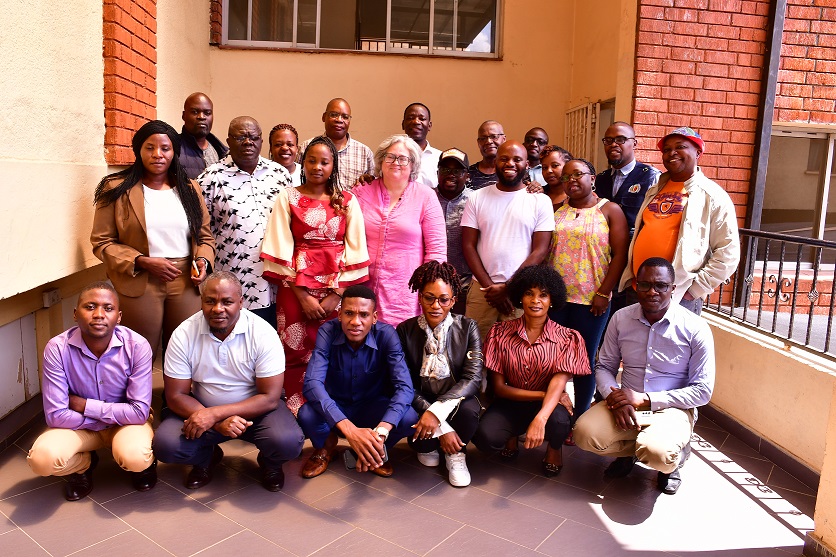
PHOTO CREDIT | MESHA
On the flipside, the judges were very impressed by the variety of languages in which the applicants used. Applicants submitted proposals in English, French, Portuguese, and local African languages, demonstrating diversity and inclusivity in addressing climate change issues.
Further they displayed high sense of community centered reporting. Some journalists operating in local languages worked closely with communities significantly affected by climatic changes, highlighting their commitment to addressing local climate challenges.
Overall, they were very impressed with the very high quality of the applications given that nearly 50 per cent of those who submitted their samples of work demonstrated great effort in their reporting of climate change.
For continuity and sustainability, the assessors recommended for continuous journalists training to help in skill building on issues such as basic climate change issues. They called on MESHA to institute a training program for African media, especially community media, to enhance their understanding of climate change issues and how to report on them effectively.
Commenting on the report, Laura Otieno, MESHA vice-chairperson agreed with the judges that MESHA must help journalists to identify news sources. That way, she added, would help to establish connections between journalists and experts in the fields of science and climate change.
“We must create a database of experts that journalists can access for accurate information,” she said.
The report also called for MESHA to provide coverage of international conferences. This calls for the association to continue to provide mentorship and training for journalists planning to cover international conferences, helping them understand the conference dynamics and prepare adequately for coverage.
While responding to this, MESHA Secretary Aghan Daniel, noted that the association works in partnerships with the government and with civil societies. Recently, they partnered with Power Shift Africa to train 50 African journalists on climate change in the run up to African Climate Summit and African Climate Week held in Nairobi from September 4-8.
“We will continue to train journalists,” he told this writer.
Another area that caught the attention of the judges was need for media fellowships and support. The assessors told MESHA to offer media fellowships or stipends to journalists to pursue independent story ideas and data gathering, reducing reliance on sponsored trips and enabling more independent reporting.
“The judges’ recommendations resonate with our interventions, currently, with support from JRS Biodiversity Foundation, we give small grants to journalists who cover biodiversity, tourism and livelihood,” added Aghan.
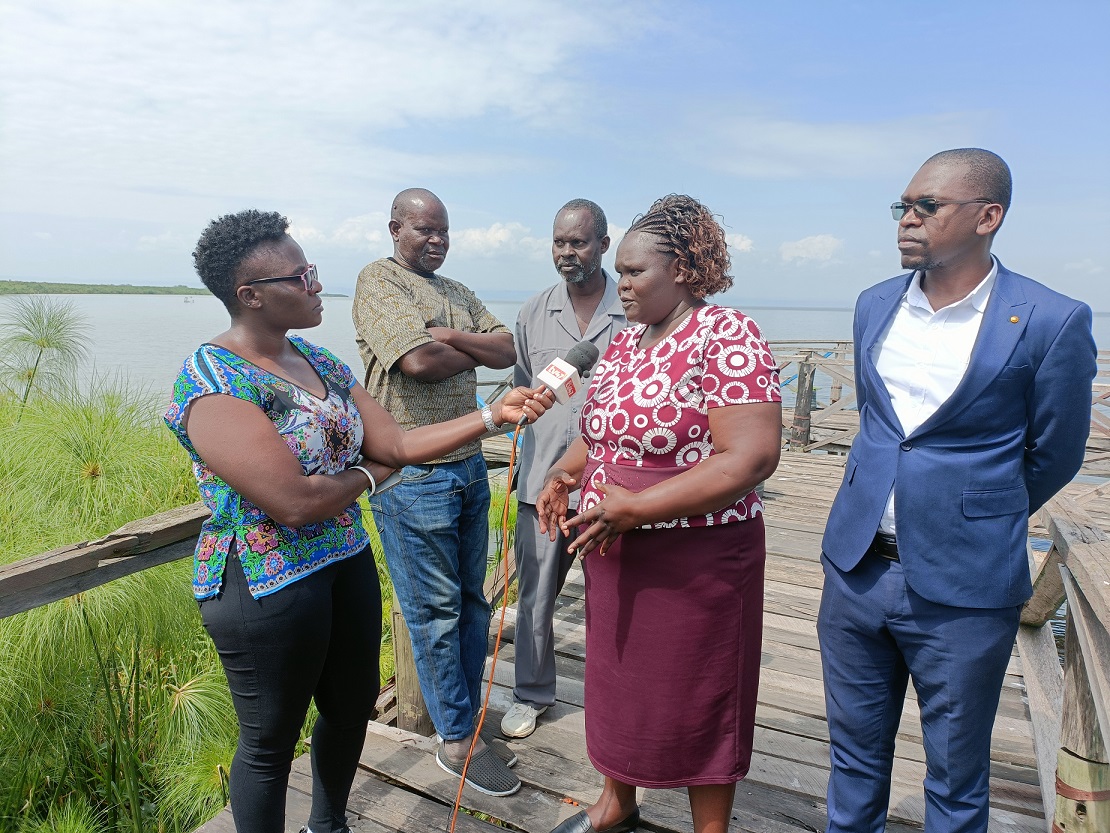
PHOTO CREDIT | MESHA


